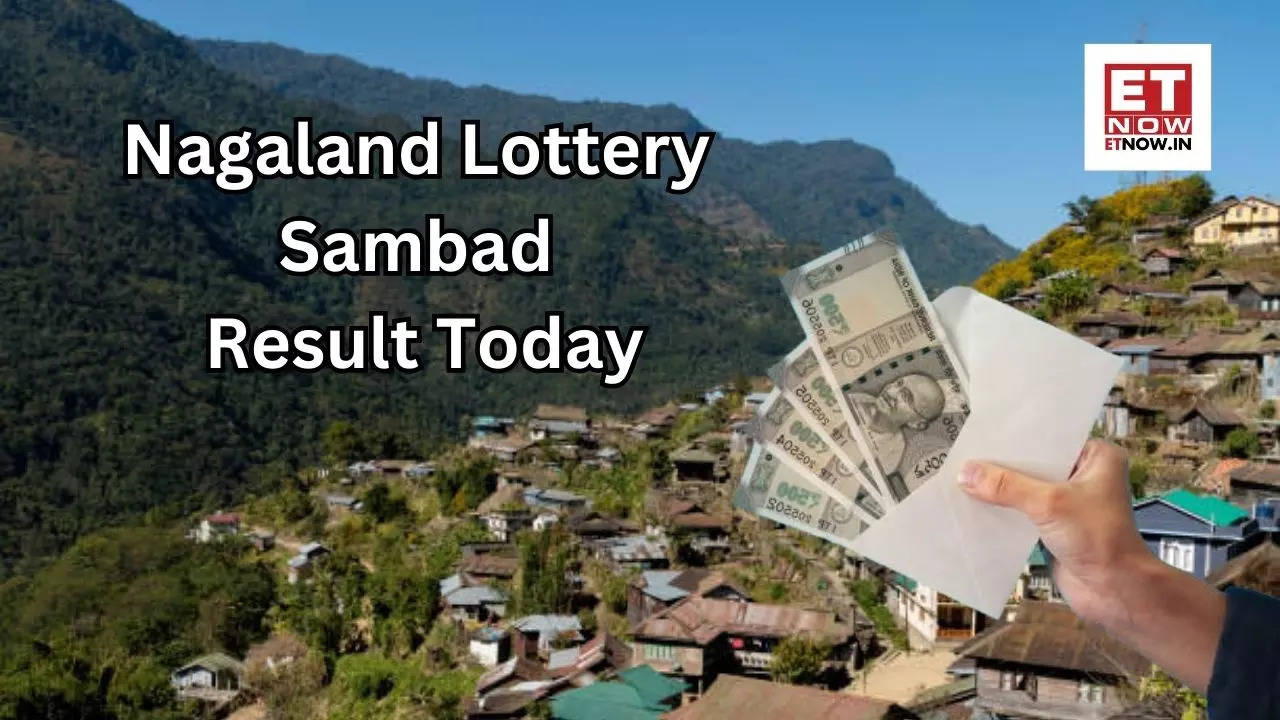Gambling
What will the online state lottery look like in Massachusetts? Here’s what we know

Back in 2012, an internet lottery platform was floated to Massachusetts lawmakers for the first time.
“Internet gaming is going to be a fact of life,” former state Treasurer Steven Grossman said in December of that year before making his pitch to state legislators the following month.
“[It] is going to have an impact on lotteries all over the country, in the relatively near future,” he said. “We want to move as quickly as we can, as appropriately as we can.”
However, legislators disagreed with Grossman. Its opposition to online gambling has been unwavering for the last 12 years — until a legislative compromise finally took heed of his predictions this year.
iLottery was officially legalized in Massachusetts on Monday after Gov. Maura Healey signed the state Legislature’s $58 million compromise budget bill.
The new lottery platform is expected to drive an additional estimated $100 million in revenue. The Massachusetts State Lottery returned a record $1.176 billion last year in profit — which was returned to the towns and cities — out of total sales revenue of $6.131 billion.
“It’s really a win-win for everyone,” Mark William Bracken, director of the Massachusetts State Lottery, said during an interview with MassLive.
Since he began leading the state agency in 2022, Bracken has focused on elevating player experience and the lottery’s position to better financially serve the commonwealth. He said bringing the games online was paramount to those goals.
There’s still a significant amount of work to be done before the platform is expected to go live in December 2025, he said.
What will Massachusetts’ online lottery look like?
While it’ll take 16 months to fully implement, Bracken said the Massachusetts State Lottery has long been prepared to bring its products online in a process he called “somewhat seamless.”
Both the MA Lottery app and Mass Lottery website were built with the capacity to accommodate iLottery, which he said will include around 350,000 existing authenticated players.
Those players have already gone through the verification process that will be used for online play and age verification, which includes social security number and address.
When the new iLottery platform goes live you can expect more than scratch tickets.
“It’s a really separate prize with a different value and proposition, and they’re really different games,” Bracken said.
Besides the option to buy drawing game tickets such as “Powerball” and “Mass Cash,” the majority will be comprised of e-instant tickets, which is “an online version of a scratch ticket,” Bracken said. From there, several different game types will be offered.
“One would be your traditional scratch ticket, and the online version will have a simulated scratch, so the play mechanics will be very similar to an instant scratch ticket,” the director said.
“There’ll also be different themed games that still hold true to the nature of what a scratch ticket is but it won’t be the traditional key number match,” he said.
“It could be very similar to, say, a ‘Connect Four’ game, where symbols are going to drop down and you’re going to match connecting symbols,” he said. A beach-themed game, he gave as another example, could have beach ball symbols.
Some of the online games will not have set price points like scratch tickets. Players will instead deposit money into their account and choose how much they wish to spend.
Some games will operate on a “pay table,” where the prize amount is determined by a player’s wager amount. If a player spent 10 cents, for instance, they might win 20 cents; if they bet $5, their prize could be $10. A game’s “pay table” will rise as the wagers increase, Bracken said. “It’s all proportional to the amount you bet, which we can’t do right now on a regular instant ticket because it’s a set printed item.”
Still, other games will have prizes similar to traditional lottery products, with opportunities to win as much as $1 million or more. New games will be introduced every one to two weeks.
And regardless of the game, all will have a pre-determined amount of prizes available to win, just as scratch ticket games do, Bracken said.
“This is still a set prize pool, it’s just going to be revealed online,” he said. “That’s really what differentiates us from casino-style slot machines, which are just random number generators that have an algorithm and payout at certain points in time, decided by a computer,” he said.
Over the next 16 months, lottery officials plan to learn more about the market they are entering from existing vendors in other states. Bracken said there will also be a lot of legwork on marketing, cybersecurity and eventually awarding a contract for hosting the iLottery platform.
Cultivating the online and in-store relationship
The online lottery proposal received a lukewarm reception from legislators in 2012, which continued until recently. The main pushback was the potential effect on brick-and-mortar retail stores, which have long been the outlet for lottery ticket sales.
Last year, retail owners expressed concerns that the online lottery would reduce foot traffic to their stores.
But Bracken said iLottery is expected to boost in-store sales.
“In essence, what will happen is online players will be rewarded,” he said. “Those rewards can only be used in-store at retail partners, so it actually drives that online player into the retail stores,” where they will purchase not only lottery products but potentially other in-store items.
The reason the state lottery is so successful, he said, is because it has over 7,000 retail partners across the state.
“One of our primary concerns in this entire process is to not only protect the sales at retail locations but also to help grow those sales at retail locations,” Bracken said, adding that all states where online lotteries have been introduced saw fast-paced retail sale growth.
He commended state lotteries New Hampshire, Pennsylvania, Virginia and Michigan for their retail partner relationship success.
“None of them are doing the exact same thing on how they’re driving that business into retail locations, and that’s really where we’re going to be. We have to figure out what’s going to, what we think is going to, work best for our player and our retail base,” he said.
Since online sports betting was legalized in August 2022, Bracken was concerned it would eat into lottery ticket sales. Now the Massachusetts State Lottery will have an equal footing online with sports betting, he said it’s going to be up to the player to decide if they’ll spend their extra $50 on a Bruins bet or lottery game.
Problem gambling and iLottery
A “safe” platform was another major part of the legislative compromise. The Senate’s position had only changed after restrictions on the platform were upped, including raising the age requirement to 21.
“This is part of the reason why we negotiate a budget; we sit with the House and we work through their provisions. They work through ours,” Senate President Karen Spilka, D-Middlesex/Norfolk, told WBUR’s “Radio Boston” program the day after the budget was released on July 19.
“We were able to negotiate what we believe are better protections in iLottery. We raised the age of those that could participate from 18 to 21,” the Ashland lawmaker said.
“We prohibited predatory advertising against minors and got other controls through negotiation so we felt more comfortable with it this time,” she said. The new age requirement will not carry over into brick-and-mortar stores, the Lottery said.
Bracken said efforts from the lottery to curb problem gambling have recently heightened as the organization continues to make it a focus.
“This past year, we’ve really increased our problem gambling awareness — not just from a lottery perspective, but also knowing there’s an increase in wagers being placed in the marketplace, knowing there is crossover between our players and sports and other betting platforms,” he said.
“We wanted to do more, so we invested more money this year than we have in past recent years in terms of problem gambling advertising,” he said.
In March, the Lottery sent $50,000 in addition to what’s usually set aside in its budget to the Office of Problem Gambling Services for more advertisements, which Bracken said added a “couple million more online impressions” to the campaign. The money the lottery receives from ad partnerships is continually turned over to the office, he added.
The entire lottery staff, from the top down, is also undergoing further “responsible gambling” training and had instruction from the Massachusetts Council on Gaming and Health.
“We’re now moving on [to train] our customer service team, who are the front lines to spot a problem gambler and how to offer them assistance,” Bracken said.
As for the online lottery platform itself, there will be a self-exclusion list, similar to casinos, that will block players from placing bets online, he said.
Once a person signs up, “they’re locked in for a minimum certain amount of time, even if they change their minds,” he said. Account deposit limitations that could range from daily, monthly or annually will also be arranged.









